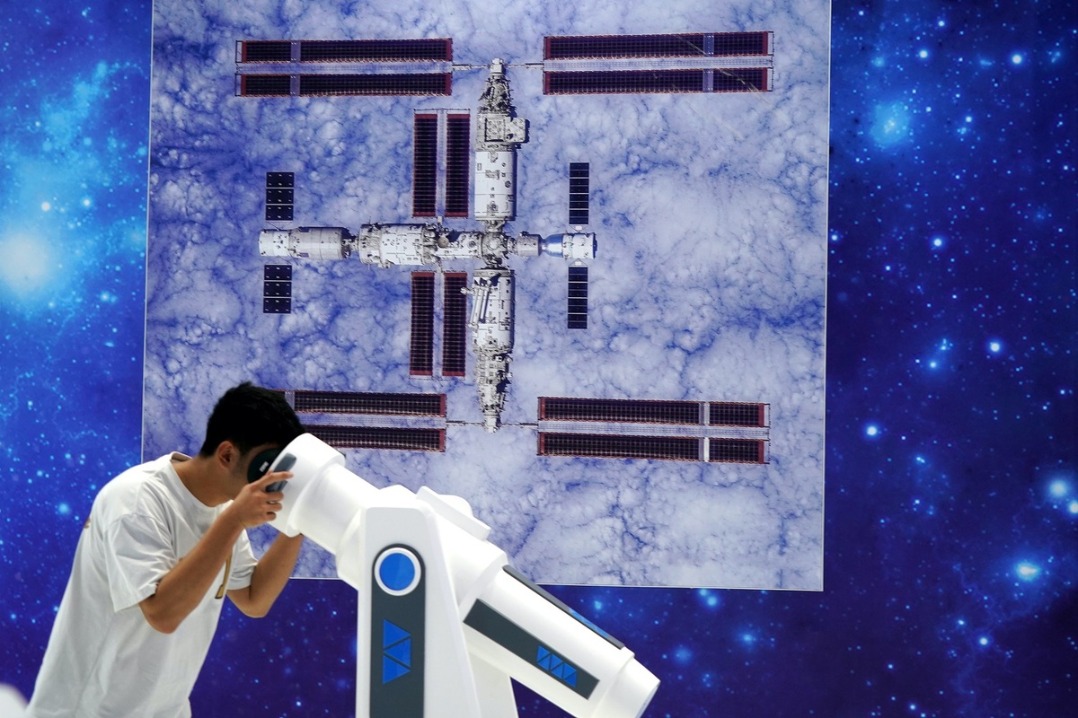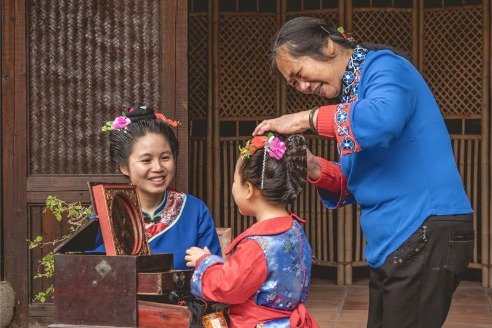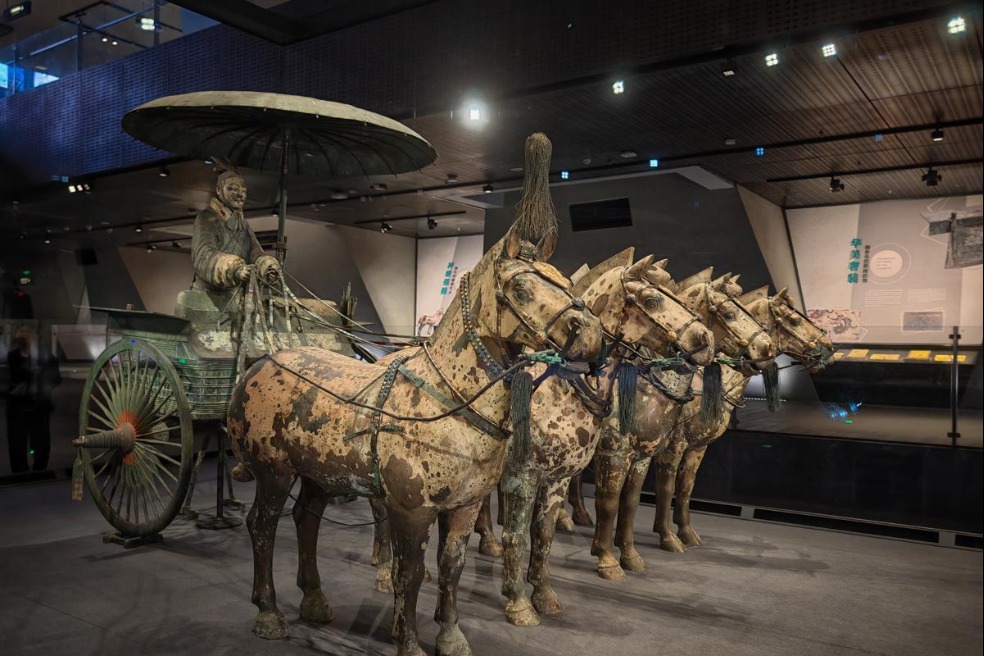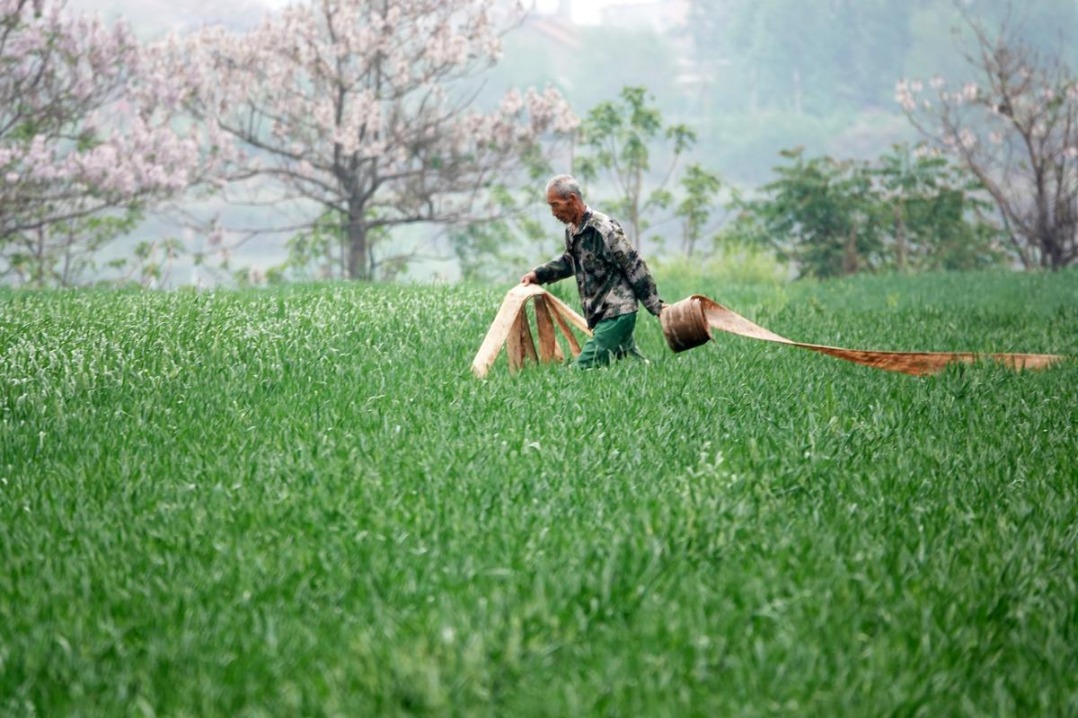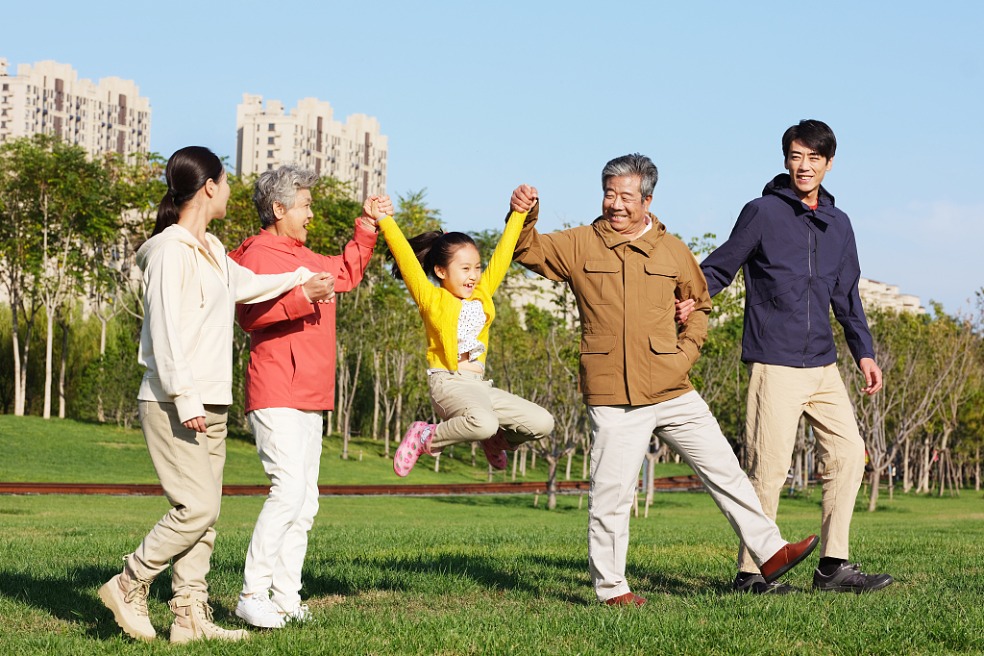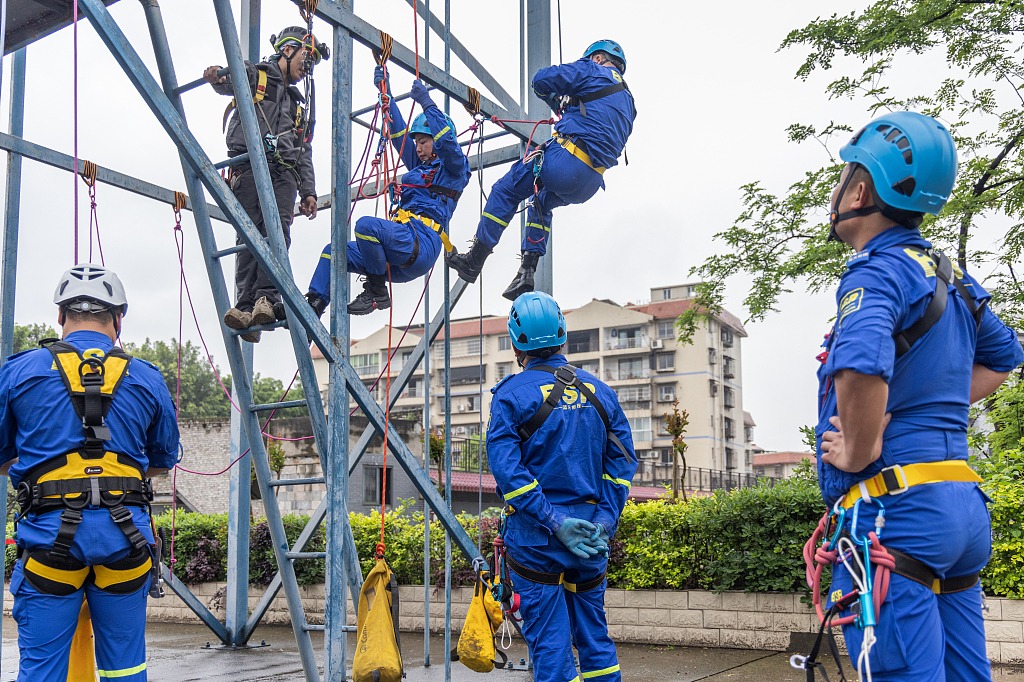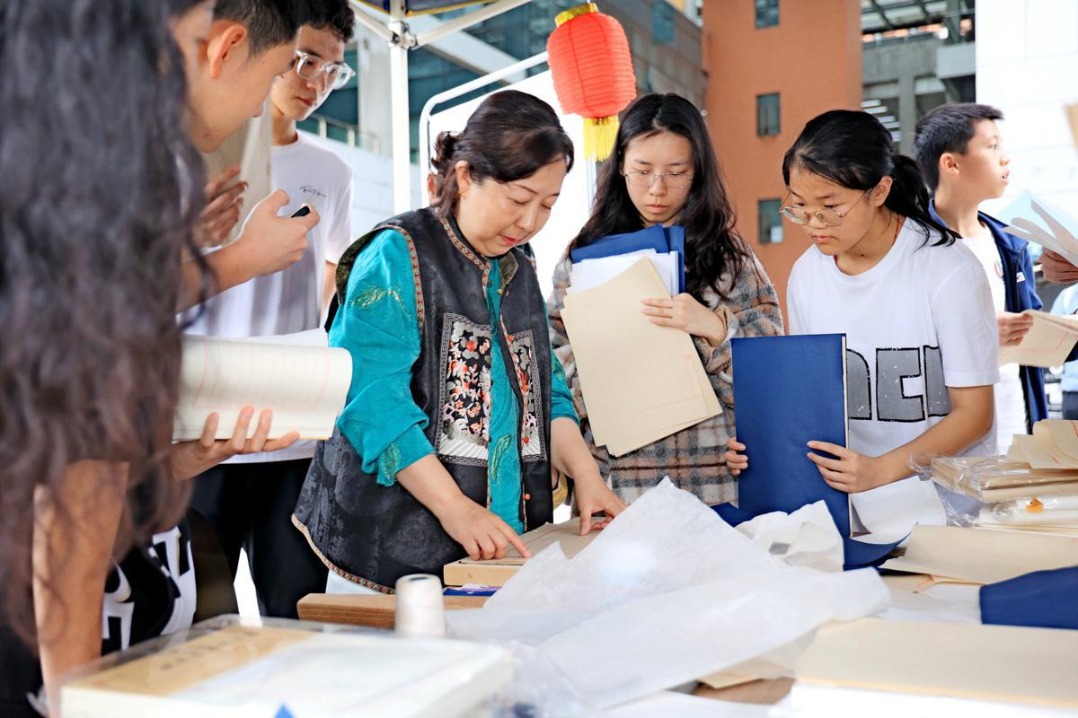Astronauts eye more cooperation on China's space station

BEIJING -- Astronauts from home and abroad have expressed their expectations of more international cooperation on China's space station, scheduled to become fully operational around 2022.
"We would love to have more cooperation with countries and regions devoted to peacefully using outer space, and contribute more to humankind's space exploration," said Yang Liwei, director of the China Manned Space Engineering Office and the country's first astronaut, on a panel Tuesday in Beijing.
Five foreign astronauts shared their experiences in space with 12 Chinese astronauts on the panel.
Since Yang first flew into space in 2003, Chinese taikonauts have completed six manned spaceflights, conducted over 100 experiments, and orbited the earth for a total of 68 days and nights.
"I can see now that China has become very mature in space activities. Today we have nothing more to teach the Chinese because they have mastered all the key technologies to explore space, including space walks, manual and automatic rendez-vous, and spacesuits," said Jean-Francois Clervoy, astronaut with the European Space Agency (ESA).
Awed by China's achievements in space exploration in his second visit to the China Astronaut Research and Training Center, Clervoy said the ESA will enhance cooperation with China.
"We appreciate very much the opening of China in human's space use cooperation. We think the best way to cooperate first is to agree on complimentary science and hardware development," said Clervoy.
He proposed that the ESA can help provide back-up solutions to critical systems in China's future long-distance, long-duration missions.
China plans to start assembling its space station in space in 2020.
Russian cosmonaut Yuri Baturin, who flew with the world's first paying space tourist Dennis Tito in 2001, said that Russia enjoys abundant experience in space station construction, and can work with China in fields like science research and space station operation.
Malaysia's first astronaut Sheikh Muszaphar Shukor said that as a surgeon, he noted that China has conducted various cutting-edge research on aerospace medicine.
Expressing the hope to work with Chinese astronauts to carry out medical experiments, he also looked forward to the chance of entering China's space station.
China on Monday launched the selection process for 17 to 18 astronauts for future space station missions.
"Three of my young colleagues, one German, one Italian, and one French, have started learning Chinese because we hope that the first non-Chinese astronaut to fly [in China's Space Station] will be a European," said Clervoy.
The panel was also one of the events held this year to celebrate the 50th anniversary of the founding of the China Astronaut Research and Training Center.
According to Fei Junlong, astronaut and also deputy director of the center, in recent years they have worked with foreign agencies to organize training on reduced-gravity aircraft, Cooperative Adventure for Valuing and Exercising human behavior and performance Skills (CAVES) training courses, and maritime survival training.
- Beijing court sees rise in disputes involving digital economy
- Wenchang hosts Space Day celebration with meteorology integration
- Posters: Health literacy rate up in 2023
- Fish farming on dry land nets multiple catches
- Mainland to expand use of travel permits for Taiwan residents
- Strict regulations create conditions for finless porpoises to find way back home

















